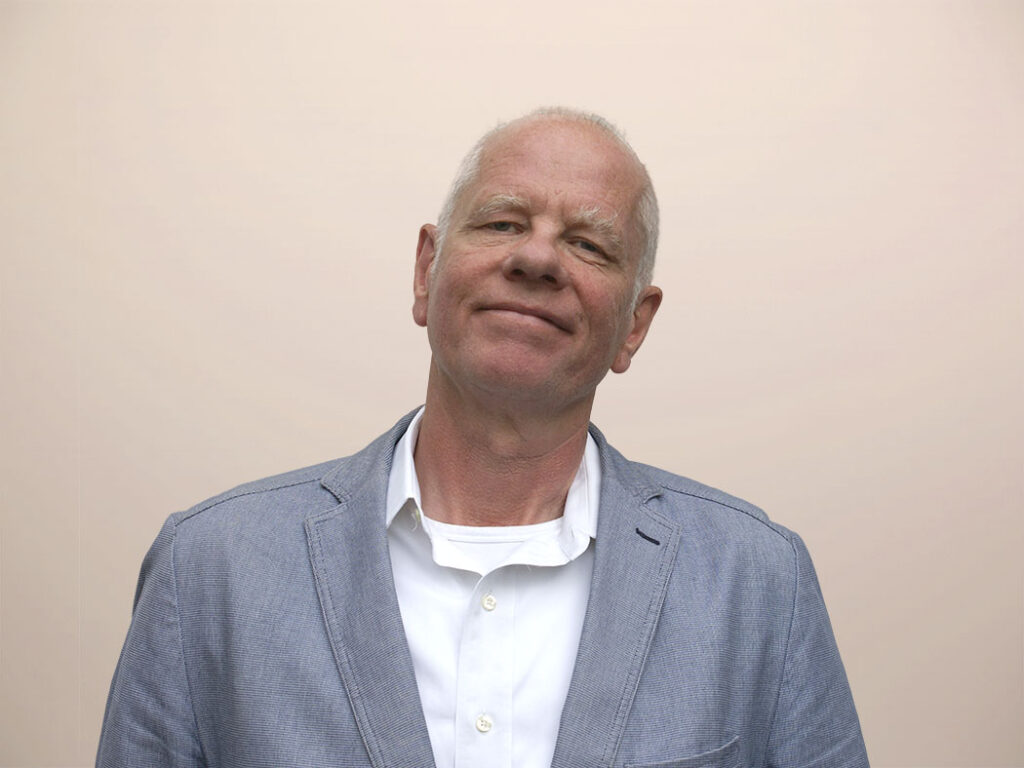Event Effectiveness Is Your Responsibility
- Event agencies offer comprehensive logistics support and aid with the onsite attendee experience
- Address the three pillars of the SiriusDecisions Event Framework to drive a greater return from event investment
- Ask your event agency to do more to improve the entire attendee experience (before, during and after the event)
Who among us has not enjoyed an evening sitting around a campfire, interacting with our fellow human beings? This is a practice that’s likely to continue for years to come. In the B2B world, we may swap the wood fire for a large screen, sponsor booth or social wall. Physical events are part of our DNA and are with us to stay, but we need to make them more effective.

Too often, marketers plan and execute events independently of broader company goals, target too broad an audience, and fall into the trap of considering a well-run event (albeit with a professional agency providing a successful attendee “at-event” experience) as success measurement enough. It’s clear that companies host or sponsor events with business goals in mind, but to achieve these, executives must take a deeper look at their complete range of event activities in the context of three distinct pillars of event management – event support, logistics and experience. Each plays a pivotal role in driving an effective event strategy. Recognition of each pillar allows marketers to determine which responsibilities may be outsourced.
Event support. Core principles demand agreement and clarity about event-type characteristics and their benefits. Generally, events should be treated as individual tactics within a broader campaign framework, not as a series of independent standalone activities. Match the event type to the marketing program goal, and communicate event objectives to all stakeholders. Use formal selection criteria to determine which events to host or attend. Implement procedures that weight and evaluate macro-level categories of value, and set these against categories of cost.
Today’s marketer has at his/her disposal an ever-growing arsenal of technologies that offer support for the organization of events as well as the “pre-,” “at” and “post-event” attendee experience. Sophisticated but easy-to-use software ranges from simple online registration tools to event attendee mobile apps and multi-module packages covering all aspects of event management.
Event logistics. The logistical challenge of running or attending large events should not be underestimated. Specialist internal event managers or external agencies are ideal partners that can provide smooth and efficient event logistics (e.g. venue selection, housing, equipment management, a flawless registration process). However, companies must differentiate the responsibilities of roles that determine event policy vs. those employed to take care of execution logistics. The event specialist function or external agency must not assume responsibility for determining event objectives, messaging or prospect/customer followup.
Event experience. Events have more impact if aligned to relevant company goals and the program families of reputation, demand creation, sales enablement and market intelligence. Consider the entire event process (pre-, at, post-) for all stakeholders, and choose activities that are likely to enhance the attendee experience throughout. For example, reputation-related activities may include tracking event-related social media efforts or working with media and analysts to broadcast event-specific messaging. Pre-event activities that help create demand may include segmenting the attendee list, ensuring sponsorship requirements are met and planning email and Web promotion efforts. At-event activities may include engaging attendees and collecting their contact information for future nurture efforts. Post-event efforts include promotion, social media and ongoing nurture based on attendees’ stage in the buying process.
Use the three event management pillars to lay out an effective event strategy. Consider all elements, from event alignment within a campaign framework, to event selection, right through to complete attendee experience. Reviewing the whole picture enables you to identify aspects you feel comfortable outsourcing vs. those that must, however annoying, remain squarely with you.
